


Network-attached storage (NAS) hardware and software solutions can ease and enhance the task of managing data for individuals up to enterprise data centers.
NAS appliances offer organizations secure storage and file access to groups of users at a lower cost relative to the latest file servers. Both file servers and NAS perform similar functions, but most organizations don’t need the extent of features included in general-purpose servers. Today’s NAS solutions optimize local storage, public cloud data migration, and private cloud management.
This article looks at the top vendors, products, and solutions for NAS appliances, as well as their features, pros, and cons.
| Solution | Desktop | Rack | Bays | LAN | Capacity | Memory | Private Cloud | Backup | Virtualization |
| Asustor | ✅ | ✅ | 2 to 16 | 10GbE | 216TB | 8GB | ✅ | ✅ | ✅ |
| Buffalo | ✅ | ✅ | 2 to 12 | 10GbE | 192TB | 8GB | ✅ | ✅ | ✅ |
| Dell | 🚫 | ✅ | – | 10GbE | 192TB | 64GB | 🚫 | ✅ | ✅ |
| Hitachi Vantara | 🚫 | ✅ | – | 10GbE | 64TB | 64GB | ✅ | ✅ | ✅ |
| NetApp | ✅ | ✅ | 12 to 60 | 10GbE | 48TB | 40GB | ✅ | ✅ | ✅ |
| Netgear | 🚫 | ✅ | 4 to 12 | 10GbE | 120TB | 16GB | ✅ | ✅ | ✅ |
| QNAP | ✅ | ✅ | 4 to 30 | 25GbE | 250TB | 128GB | ✅ | ✅ | ✅ |
| Synology | ✅ | ✅ | 1 to 24 | 10GbE | 200TB | 64GB | ✅ | ✅ | ✅ |
| TerraMaster | ✅ | ✅ | 2 to 24 | 10GbE | 36TB | 64GB | ✅ | ✅ | ✅ |
| WD My Cloud | ✅ | ✅ | 2 to 4 | 10GbE | 72TB | 1GB | ✅ | ✅ | ✅ |
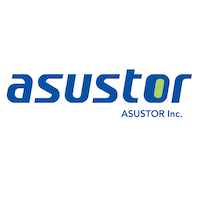
Founded by computer conglomerate ASUSTek in 2011, ASUSTOR is a significant player in the NAS market, offering private cloud storage and IP monitoring for personal users to small and midsize businesses. Powered with Intel CPUs, ASUSTOR has a whole stack of NAS solutions sold by the number of bays, LAN ports, and IP cameras (users).
For advanced users and businesses, the LOCKERSTOR line offers extended features for virtualization, enterprise backups, PCIe slots, and server-grade memory. Most LOCKERSTOR models come with 2.5-Gigabit Ethernet (GbE) and 10GbE ports to shorten transmission for large data files.
Pros
Cons
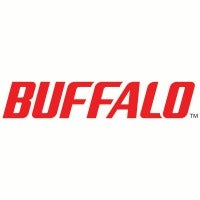
Buffalo is a recognized brand offering its flagship TeraStation family of NAS models for business-grade storage needs. Individual users can choose from a handful of LinkStation devices for a personal cloud. At the same time, organizations have access to six rackmount and desktop models, each accommodating a range of users, storage capacity, and processing needs.
All TeraStation Desktop NAS devices conveniently provide data recovery and remote management services. The TeraStation rack NAS appliances use its New Buffalo operating system and support virtualization through iSCSI. Its largest model can store up to 192 terabytes.
Pros
Cons
Read more: Best Server Virtualization Software
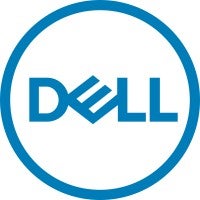
Dell is the veteran technology player on this list, offering its lineup of enterprise-grade Dell EMC Storage solutions, including PowerVault NX Series network-attached appliances. The PowerVault NX Series appliances come in three editions and run on PowerEdge rackmount server technology, including the latest Intel Xeon processor, up to 64GB of memory, and 192TB of storage.
Administrators can manage data reduplication, provisioning, and synchronization across network connections through Remote Desktop for Administration or the integrated Dell Remote Access Controller (iDRAC9) Enterprise Edition.
Pros
Cons

The Hitachi NAS Platform (HNAS) is a family of consolidated NAS solutions offered alongside the company’s Virtual Storage Platform (VSP) to meet the needs of today’s distributed enterprise and data center application workloads. Together, Hitachi’s solutions offer data integration between local storage and remote elastic clouds for efficient data migration.
Clients can also add on Hitachi’s hardware-accelerated FPGA offline engine for CPU-intensive hash operations for premium deduplication. The longtime enterprise storage vendor also offers multilayered data protection options for snapshots like Microsoft Volume Shadow Copy Service (VSS).
Pros
Cons
Read more: Best Cloud & Online Backup Services
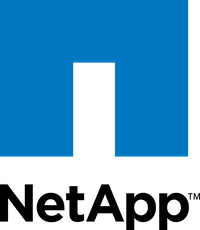
Launched in 1992, NetApp has three decades of experience in the data storage industry and a whole stack of NAS and SAN solutions. The NetApp data storage portfolio includes 10 solutions supporting object-based storage, cloud storage, and high-performance workloads. Products like the AFF A-Series arrays offer the latest in data analytics, AI and ML, and enterprise database capabilities.
Powered by its proprietary storage operating system, ONTAP, NetApp offers clients a list of enterprise data management products for object, hybrid-flash, and all-flash storage systems. ONTAP gives clients a unified data management platform across infrastructure, from the software-defined edge to core storage and cloud volumes.
Pros
Cons
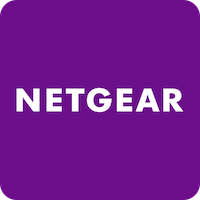
Netgear offers a swath of networking products, including a handful of rackmount ReadyNAS solutions. Starting with its 2000 and 3000 series ReadyNAS models, SMB organizations can get secure data storing and sharing capabilities, including RAID redundancy, support for iSCSI virtualization, and interoperability across Windows, Mac, and Linux systems.
The latest and most potent Netgear NAS solution is the 4000 series, which includes two built-in 10Gbe interfaces, 5th generation Intel Xeon processors, and expandable memory up to 64GB. ReadyNAS 4312X comes with additional anti-virus and encryption features and bit rot protection against data degradation.
Pros
Cons
Read more: Best Linux Distros
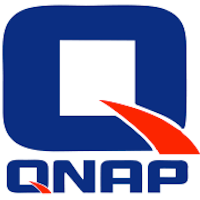
Network-attached storage specialist QNAP Systems is a market leader with NAS devices, operating systems, enclosures, and cloud solutions. QNAP can meet nearly any organization or data center needs with an extensive number of rackmount NAS appliances to choose from.
For clients looking to secure an array of cloud storage, QNAP’s NAS operating system for public and private clouds is QuTScloud. Organizations can mount stored data from Azure, Backblaze, Amazon S3, and more for advanced functionality in managing cloud data. QuTScloud is similarly fit for virtualization on private clouds with support for KVM, Microsoft Hyper-V, Proxmox, and VMware ESXi.
Pros
Cons
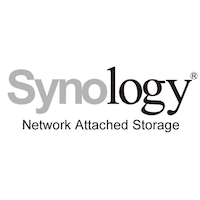
Synology is another industry leader for NAS appliances with almost 40 different models across six series, covering general purpose, desktop, scalability, virtualization, and all-flash needs. The Synology Value Series offers a handful of desktop tower servers for secure sharing and data management in a private cloud for small businesses.
Larger organizations and data centers have plenty to consider with a NAS Selector tool and filters to determine the number of bays, form factor, and LAN ports. Synology’s portfolio also includes several software features, including RAID F1, active backups, snapshot replication, and a virtual machine manager.
Pros
Cons
Read more: Best Database Software Management Systems
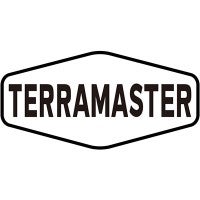
Launched in 2010, TerraMaster is already a significant player in the storage marketplace with solutions for NAS and direct-attached storage (DAS) needs for homes and SMB organizations. Businesses have almost 20 NAS appliances to consider with two towers, a handful of desktop devices, and a dozen rackmount solutions for midsize business workloads.
TerraMaster’s most powerful appliance is the U24-612, which offers administrators 24 bays, an Intel quad-core processor, and up to 64GB in memory. The TerraMaster NAS (TNAS) supports the Brtfs file system for next-generation defragmentation, rollbacks, and snapshots.
Pros
Cons
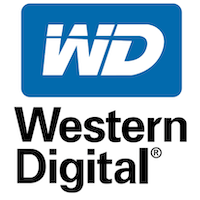
Longtime hard disk and storage vendor Western Digital is an industry leader with its My Cloud NAS appliances stack for personal home clouds up to mission-critical enterprise workloads. Businesses can choose from four models between the My Cloud Expert Series and Pro Series, all of which support WD Red — the company’s line of HDDs and SSDs — to boost performance.
Though Western Digital’s appliances are smaller than other top picks, WD My Cloud has a bundle of features for iSCSI virtualization, disk management, volume encryption (256-bit AES), and can store up to 72GB.
Pros
Cons
Read more: Top IaaS Providers | Infrastructure as a Service
Network-attached storage is hardware appliances or virtual machines dedicated to storing data specific to a home, business, data center, or enterprise network. After the success of file servers in the 1980s, NAS devices grew as an alternative to dedicated file servers, offering central storage and access to a group of users.
Today, NAS appliances continue to be a popular addition for home or enterprise networks needing to securely store and share data, including creating a private cloud.
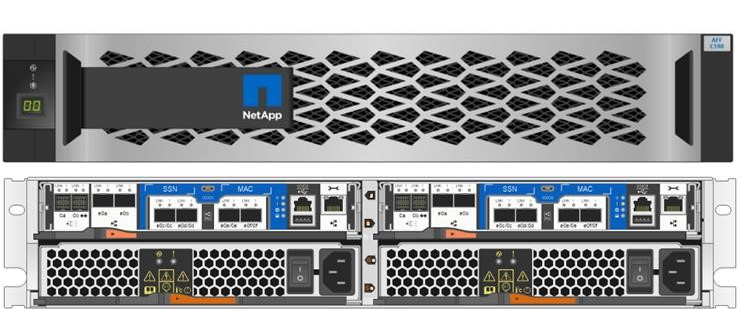
Hardware makes a difference for business and enterprise NAS needs. Like the above top vendors, NAS manufacturer and model specifications mean clients need to pay attention to variations in:
Read more: Top Rack Servers
NAS software is the programs and systems designed to run network-attached storage devices. Most enterprise vendors offer their proprietary operating system embedded in hardware, while there’s also an abundance of free and open-source NAS software solutions.
Administrators can centrally manage storage devices with NAS software to maintain security, migrate specific data, and optimize data storage.
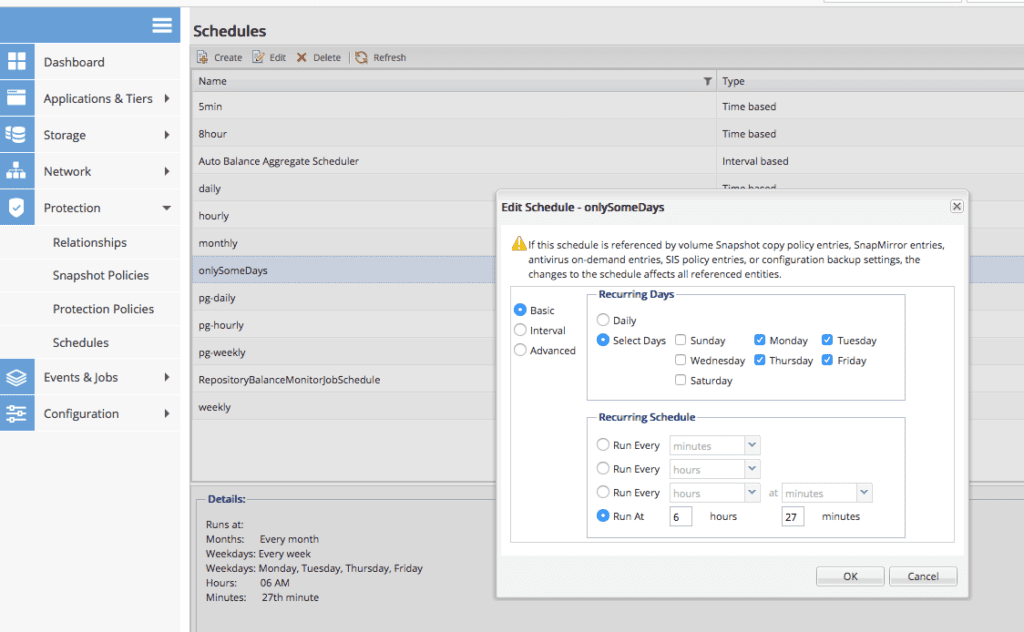
As a single physical device, a NAS appliance has long been a cost-effective way to deploy and maintain data for a group of users. With the evolution of networking and the boom in client devices for geographically distributed networks, the storage area network (SAN) emerged to meet data management needs for enterprise IT environments.
| NAS | SAN | |
| Purpose | Home and Small Office | Enterprise |
| Administration | Beginner | Intermediate |
| Data | File-level | Block-level |
| Connection | Ethernet | Fiber Channel |
| Protocol | NFS, SFTP, WebDav, SMB, CIFS | AoE, FCoE, iSCSi |
| Redundancy | Less | More |
| Cost | 💲 | 💲💲💲 |
There’s no shortage of models, features, and software to consider, so start the journey today by checking out the above vendors’ portfolios for small business and enterprise clients.
Product features to keep in mind when evaluating these options include:
With plenty of specs to consider and the steep cost of some models, data administrators must be familiar with organization needs and existing infrastructure to avoid an expensive mistake. Hardware warranties, application integrations, and scaling opportunities are all worth confirming before moving forward with a purchase.
Read more: Best Ransomware Protection
Property of TechnologyAdvice. © 2025 TechnologyAdvice. All Rights Reserved
Advertiser Disclosure: Some of the products that appear on this site are from companies from which TechnologyAdvice receives compensation. This compensation may impact how and where products appear on this site including, for example, the order in which they appear. TechnologyAdvice does not include all companies or all types of products available in the marketplace.